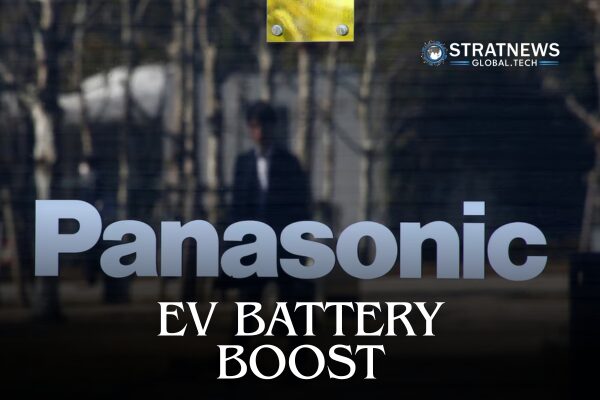Panasonic Targets Breakthrough Battery to Extend EV Range by 2027
Panasonic is developing a new high-capacity battery that could significantly extend the driving range of electric vehicles. The Japanese company, a key supplier to Tesla, aims to introduce the technology within two years, with a world-class capacity level expected by the end of 2027.
The innovation centres on eliminating the anode during manufacturing. Instead, the battery will form a lithium metal anode after its first charge. By freeing up space inside the cell, Panasonic can add more active cathode materials such as nickel, cobalt, and aluminium, resulting in greater energy density.
Range Gains for Tesla Vehicles
If successful, the new design could increase battery capacity by about 25%. For Tesla’s popular Model Y, this would translate to an extra 90 miles (around 145 kilometres) of range at its current battery pack size.
Panasonic could also use the same technology to produce lighter and potentially cheaper batteries. By keeping the same range but reducing battery size, manufacturers could lower vehicle weight and improve efficiency. However, the company has not disclosed whether this will reduce Tesla’s production costs.
Competitive Push in Global Battery Race
The project was previewed by Panasonic Energy executives ahead of a presentation by Shoichiro Watanabe, the unit’s chief technology officer. The company also confirmed efforts to reduce nickel usage, given its relatively high cost compared to other raw materials.
This anode-free approach is not unique to Panasonic. Several global battery makers are also pursuing similar designs as the competition intensifies to create lighter, longer-lasting, and more efficient batteries for electric vehicles.
EV Market Context
Panasonic’s progress comes at a time of growing competition for Tesla. Reuters recently reported that Tesla’s share of the US market dropped to its lowest level in almost eight years in August. Buyers are increasingly turning to newer electric models offered by rival automakers, while Tesla’s current line-up faces pressure from its age.
For Panasonic, advancing its battery technology could secure its position as a leading supplier in the evolving EV industry, especially as demand for higher range and more cost-effective vehicles continues to rise.
with inputs from Reuters


